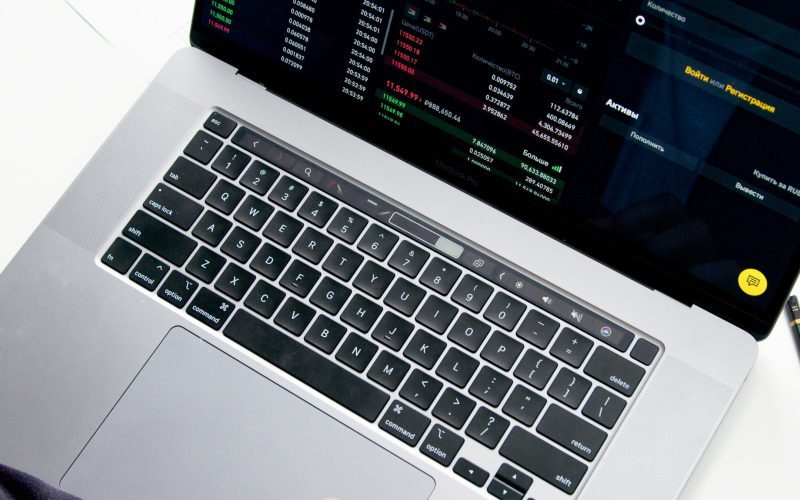The Turkish stock market has experienced an impressive surge in recent weeks as investors take advantage of the country’s support measures to help bolster the economy. The Turkish government has been taking a range of measures to aid companies and individuals struggling with the economic fallout from the coronavirus pandemic, including providing tax relief and loan guarantees. As a result, stocks have soared on the Istanbul Stock Exchange, leading to renewed optimism among investors. In this article, we will explore what has fueled this surge in Turkish stocks and how investors can benefit from these market support measures.
Turkish stocks surge on market support measures
Turkish stocks surged on Tuesday after the government announced a series of measures to support the market.
The measures include a TL 1 billion ($333 million) fund to support small and medium-sized businesses, a TL 3 billion loan for companies hit by the coronavirus pandemic, and a three-month extension of a tax break for investors in equities.
The move comes as the Turkish economy is facing headwinds from the pandemic, with GDP growth slowing to 0.9% in the first quarter of 2020 from 4% in the previous quarter.
The government’s support measures are seen as positive by investors, who have been worried about the impact of the pandemic on Turkey’s economy.
The benchmark Borsa Istanbul 100 index gained 2% on Tuesday, while the lira strengthened 0.5% against the dollar.
What measures have been put in place to support the market?
The Turkish government has implemented a number of measures to support the stock market and encourage investment. These include:
-Reducing the minimum amount required to open a brokerage account
-Implementing a income tax deduction for investments in the stock market
-Launching a new electronic trading platform to make investing in stocks easier and more accessible
-Creating a special tax-free zone for the Istanbul Stock Exchange
-Offering incentives for companies to list their shares on the Istanbul Stock Exchange
How have investors benefited from these measures?
In the wake of the COVID-19 pandemic, the Turkish government has implemented a series of measures to support the country’s stock market. These measures have included providing liquidity to the market, guaranteeing investments, and offering tax incentives. As a result of these measures, investors have benefited from increased stability in the stock market and higher returns on their investments.
The Turkish government’s support for the stock market has helped to restore investor confidence in the wake of the COVID-19 pandemic. The government’s measures have ensured that investors are able to get access to the liquidity they need to meet their obligations, while also guaranteeing that their investments will not lose value. In addition, the tax incentives offered by the government have made investing in Turkey’s stock market more attractive for foreign investors. As a result of these factors, investors have seen higher returns on their investments in recent months.
What challenges does the Turkish stock market face?
Turkey’s stock market has been one of the best performers in the world this year, with the benchmark Borsa Istanbul 100 index up more than 40 percent. However, the country faces a number of challenges that could impact the future performance of its stock market.
First, Turkey has a large current account deficit, which means it needs to attract significant amounts of foreign capital to finance its economy. This makes the country vulnerable to sudden outflows of capital, which could trigger a sharp decline in the stock market.
Second, Turkey’s banking sector is relatively small and underdeveloped compared to other markets, meaning that it may not be able to provide sufficient liquidity in the event of a market downturn.
Third, political risk remains a key concern for investors in Turkey. The country has been embroiled in a number of political scandals in recent years, and there is always the possibility of further instability.
Finally, inflation remains relatively high in Turkey, at around 11 percent. This reduces the purchasing power of Turkish investors and makes it more difficult for companies to raise prices without hitting profitability levels.
Conclusion
The Turkish stock market has seen a surge in recent weeks as investors take advantage of measures implemented by the government to support the economy. This, combined with an upswing in economic sentiment among global investors, has led to increased levels of investor confidence and activity in Turkey. With continued government support for the markets, it is likely that this trend will continue for some time yet.












